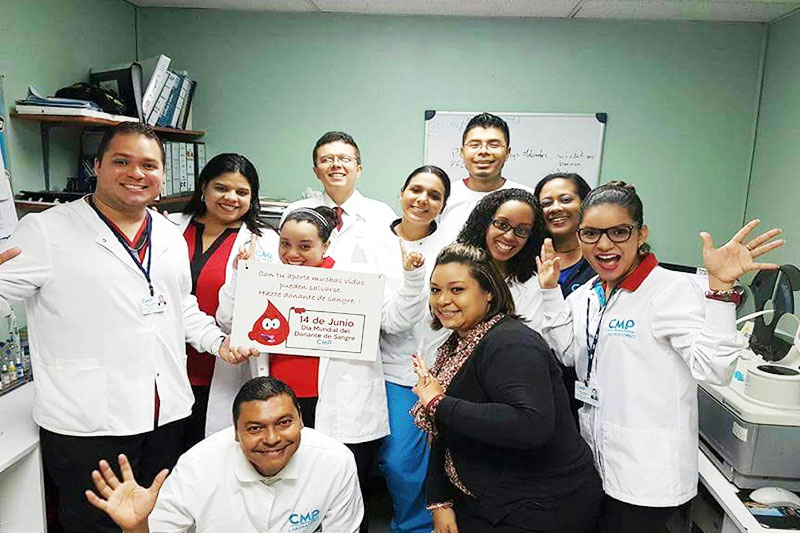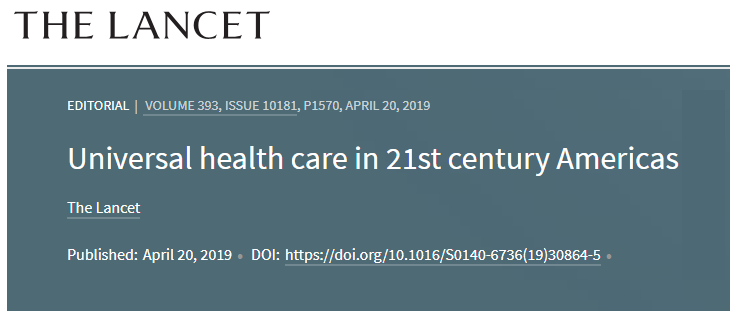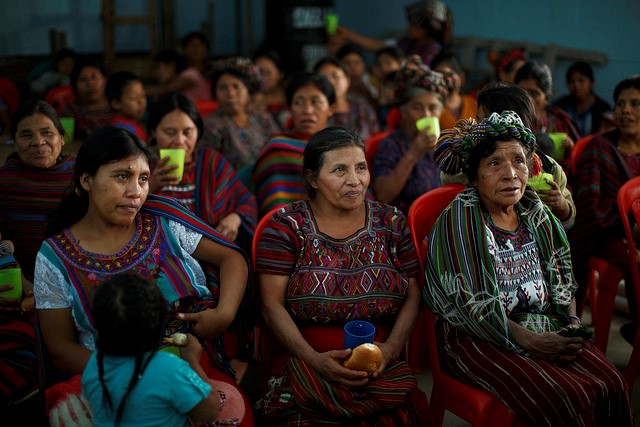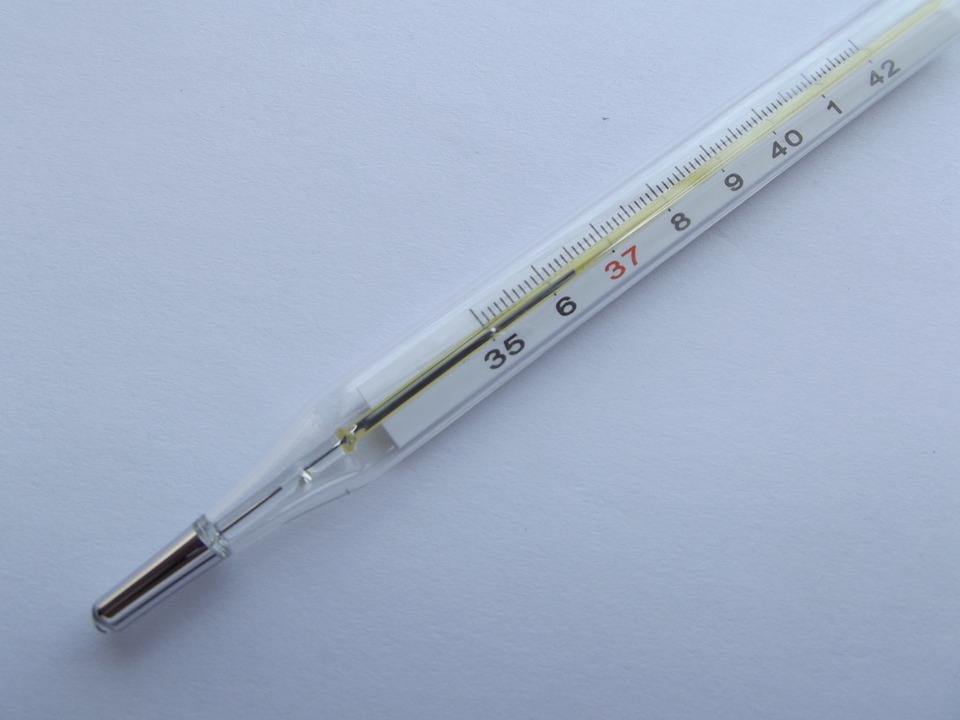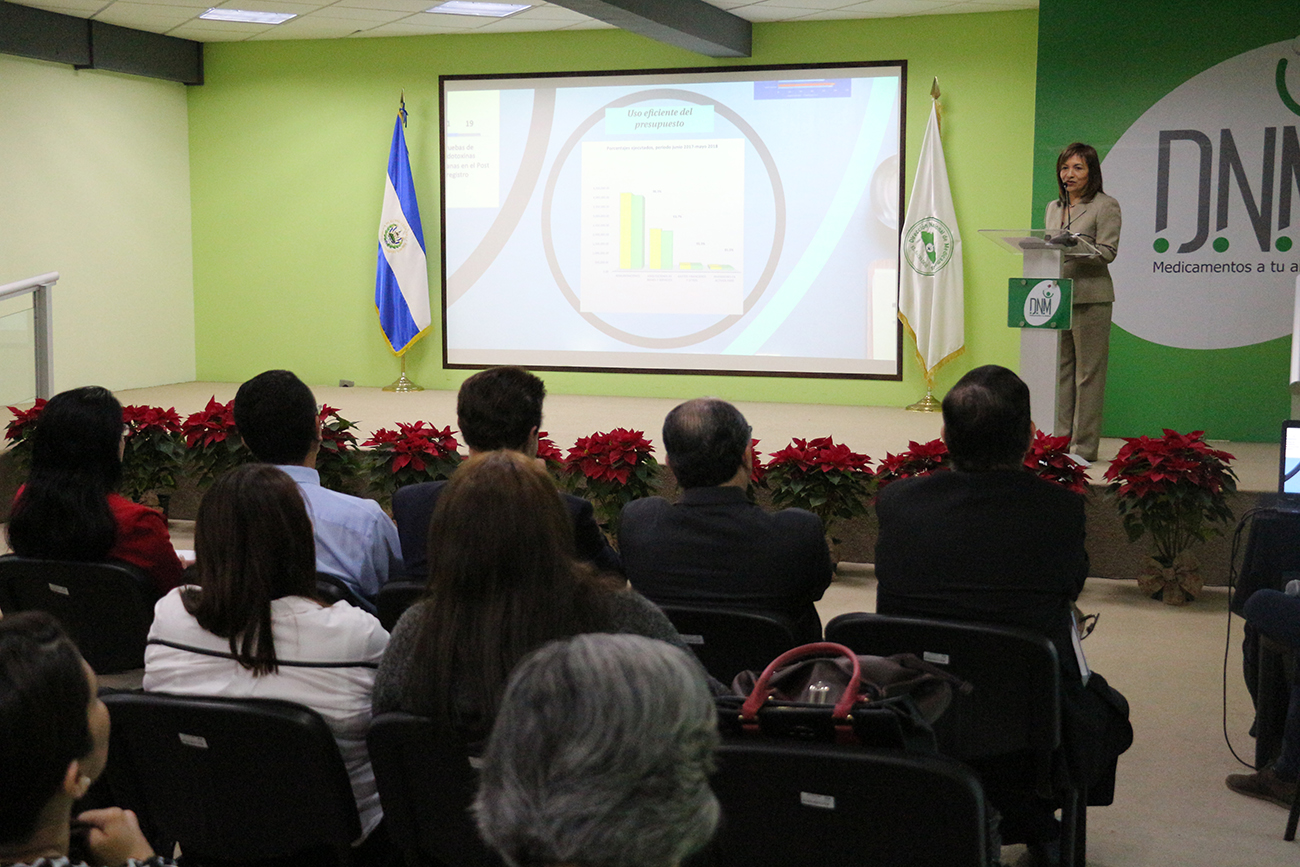Belize became the first country in the CARICOM block of countries to publish a list of registered medicines
Belize began registering medicines as a result of the Food and Drugs (Registration, Licensing and Inspection) Regulations passed in 2017, and the products that are listed are new to the country. Previously imported medicines that were available in the market prior to the new regulations were grandfathered into the system while ensuring its safety, efficacy and quality. The publication of a list of registered medicines is a best practice in transparency and accountability of regulatory systems as recommended by PAHO/WHO. Among the many benefits, it helps to provide the public and other stakeholders with visibility over what is legally approved to be sold in the market. Other countries in the CARICOM block can look to Belize as an important leader in this area.
For more information go to: http://health.gov.bz/www/units/drug-inspectorate-unit/drug-registration/989-new-drugs-registered-2017-2019



